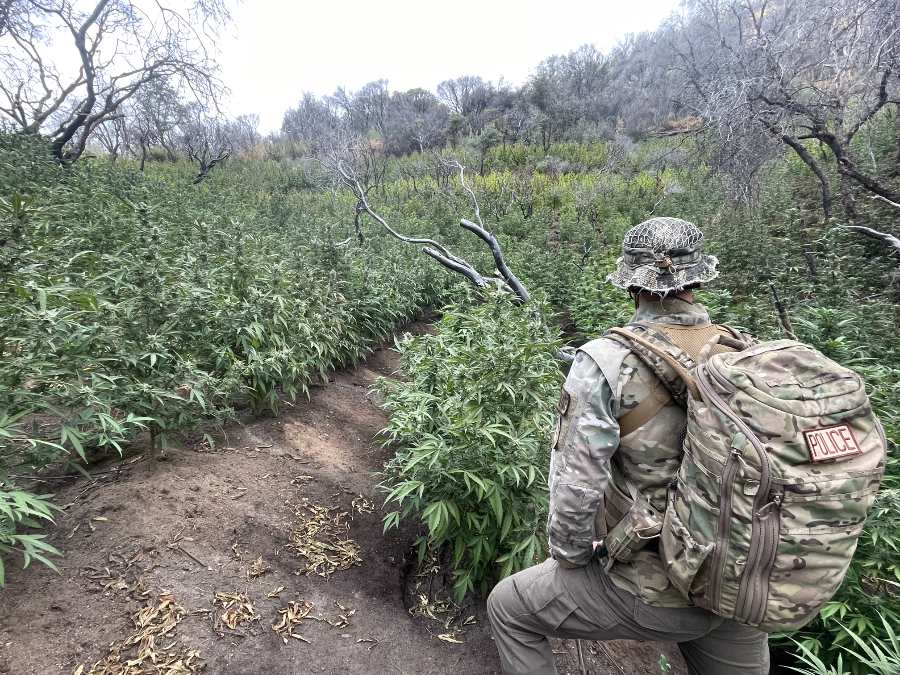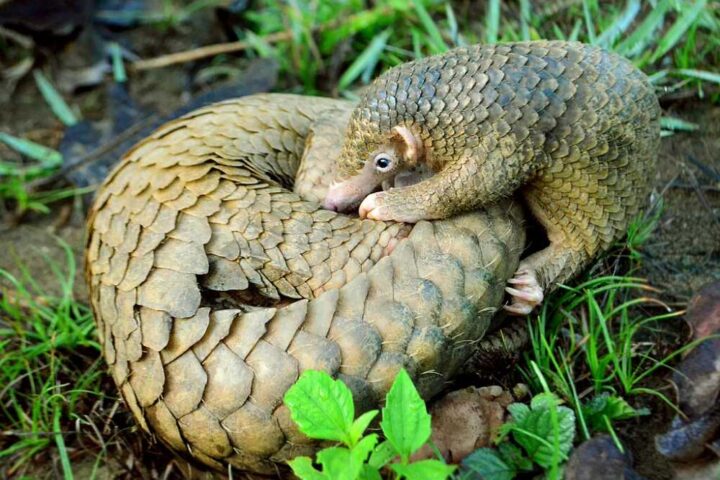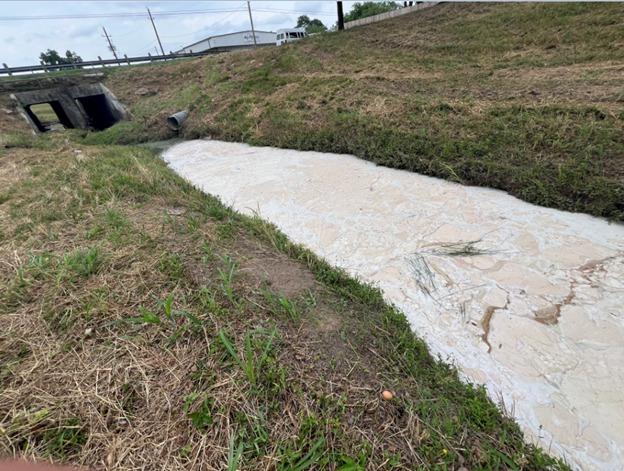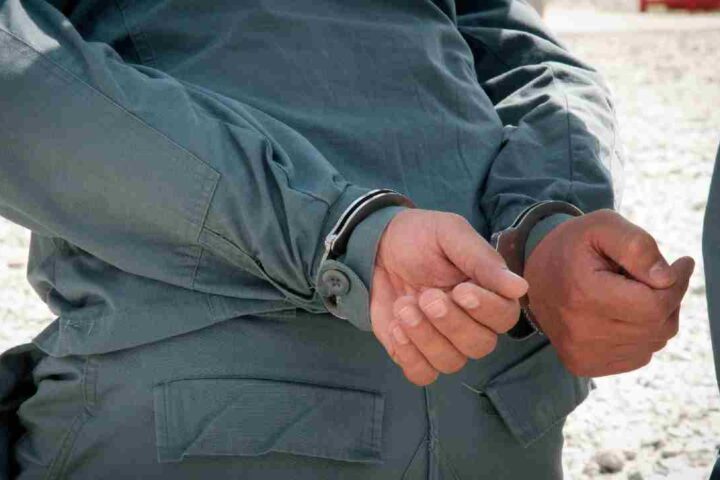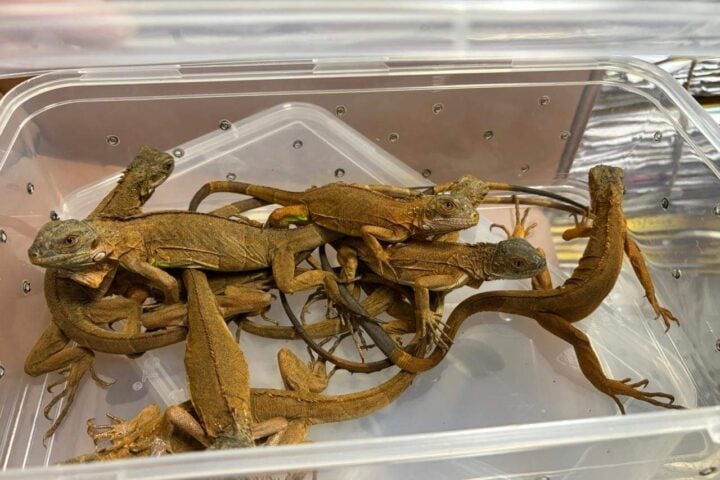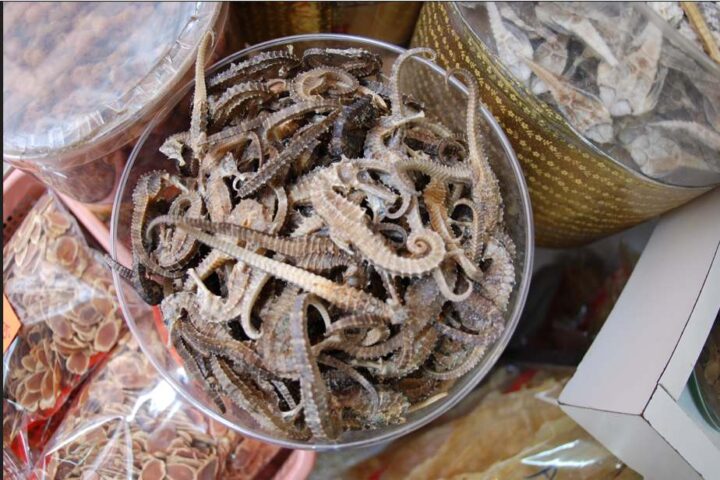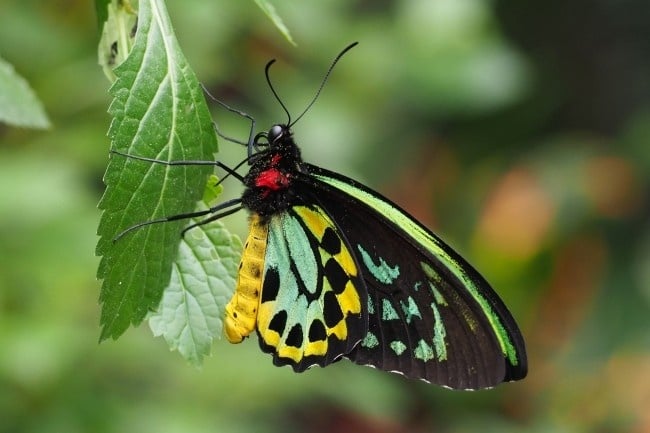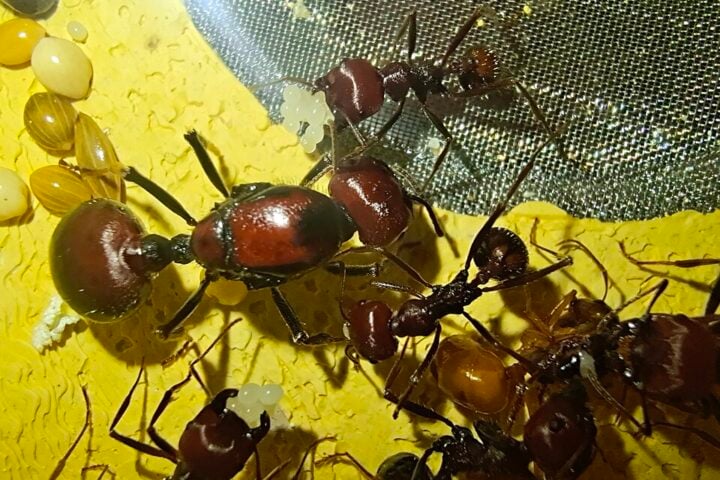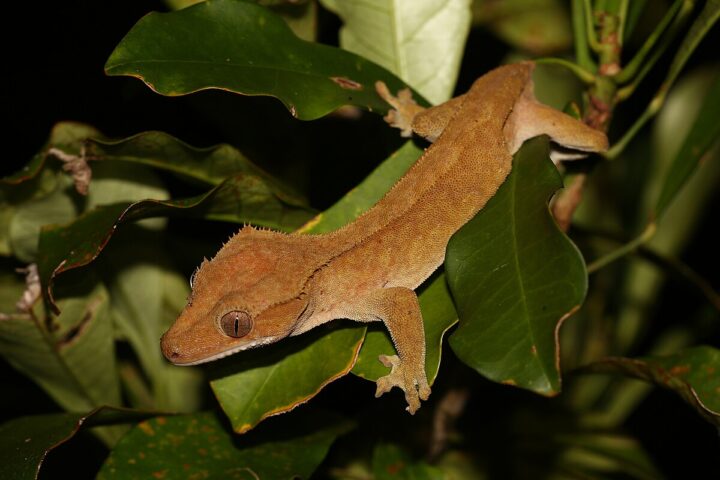National Park Service rangers and Bureau of Land Management agents hauled 2,377 full-grown cannabis plants and nearly a ton of trash from a 13-acre grow deep in Sequoia National Park last week. They found a semi-automatic pistol and approximately one gallon of Methamidophos—a nasty insecticide banned in the U.S. since 2009.
The site’s destruction was extensive. Growers carved terraces into hillsides, diverted creek water into makeshift reservoirs, and created roughly two miles of illegal trails. Rangers spotted kitchen areas, campsites, and signs that poaching occurred alongside cultivation.
“Law enforcement rangers detected and raided this cultivation site in 2024, but the site was not rehabilitated until this year due to the presence of hazardous chemicals,” the NPS stated in their August 21 release. No arrests have been made yet.
Water impacts extend beyond the park boundaries. According to California Department of Fish and Wildlife data, each cannabis plant guzzles 6-8 gallons daily. That water would normally flow to wildlife, vegetation, and eventually Central Valley communities that depend on clean Sierra runoff.
The cleanup required both ground crews and helicopter sling-loads to remove everything. This isn’t a new problem for Sequoia. Over the past two decades, rangers have removed nearly 300,000 plants worth approximately $850 million from Sequoia and Kings Canyon National Parks.
Past raids show a consistent pattern. These illegal grows cause significant environmental damage. According to the U.S. Forest Service, cleanup and restoration of these sites can cost between $10,000 and $15,000 per acre. The pesticides affect everything from soil microbes to large predators.
California’s Campaign Against Marijuana Planting (CAMP), established back in 1983, has been a long-running, multi-agency eradication program. In 2022, the California Department of Justice launched the Eradication and Prevention of Illicit Cannabis (EPIC) task force as an evolution of statewide illicit cannabis enforcement, focusing on environmental and economic harms and labor exploitation.
Anyone with information about illegal grows in national parks should call the NPS tip line at 888-653-0009.
The NPS report discussed the recent operation to remove marijuana plants and associated materials from Sequoia National Park, the environmental damage at the site, and the ongoing investigation.
